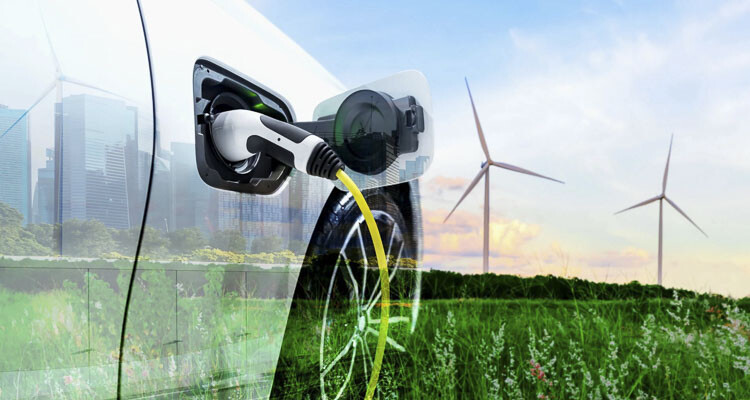
Residents of Washington already pay the third highest fuel excise taxes in the nation at 49.4 cents per gallon
Timothy Schumann
The Center Square Washington
In a report submitted to Gov. Jay Inslee and the Washington Legislature, the Washington State Transportation Commission projected a $600 million decline in taxation related to road usage over the next 28 years.
Since 2012, to address falling fuel tax revenues, the report notes Washington has “increased the rate of motor fuel taxes twice, imposed an annual registration surcharge on hybrid vehicles, and added three registration surcharges on electric vehicles totaling $225 per year–the nation’s highest.”
On top of that, residents of Washington already pay the third highest fuel excise taxes in the nation at 49.4 cents per gallon, behind only Pennsylvania and California at 57.6 and 51.1 cents per gallon respectively.
Despite all these measures, and according to the WSTC projections, the Washington State Department of Transportation is still looking at a $21.4 million decline in revenue year over year for the next 28 years.
All of this comes in the midst of record high inflation, rising materials costs, and increased labor costs – all indicators WSDOT’s budget is likely to increase, not shrink along with falling fuel tax revenues.
What is the cause of this shortfall? The report, which was submitted last week, notes two things that happened in 2022 which contributed to WSTC’s financial models looking dire for tax revenue. The first was the federal government implementing stricter Corporate Average Fuel Economy standards, pushing auto makers to increase the fuel economy on vehicles sold within the U.S.
The second was California’s Air Resource Board adopting a zero-emission vehicle mandate, also known as Advanced Clean Cars II. This mandate bans the sale of new internal combustion engine light-duty vehicles in 2035. This is a mandate, the report notes, that Washington state lawmakers are keen to follow, already having a goal in place to follow California’s mandate by 2030.
“Collectively, these actions accelerate the decline of motor fuel consumption, putting more pressure on higher fuel tax rates and higher vehicle registration fees to provide vital transportation funding,” the report summarizes.
All of these factors, along with the rise of electric vehicles, add up to a $21.4 million decrease in tax revenue, year over year.
This report was first published by The Center Square Washington.
Also read:
- Opinion: Hiding the growing cost of the Interstate Bridge replacementJoe Cortright of the City Observatory addresses the rising cost of the Interstate 5 Bridge replacement project.
- 90 minutes of delay on Southbound I-5 in Southwest Washington on Friday afternoon, July 26Travelers using southbound Interstate 5 through Woodland should expect up to 90 minutes of delay during Friday afternoon and evening and should delay travel or prepare for additional travel time.
- Nighttime paving work on I-5 and SR 14 in Clark County July 28-Aug. 9Nighttime travelers in Clark County should expect delays for maintenance and paving work beginning Sunday, July 28 until the morning of Friday, Aug. 9.
- Northeast 182nd Avenue/Northeast Ward Road to be closed on Aug. 1Northeast 182nd Avenue and Northeast 172nd Avenue in Clark County will have single-day closures on August 1 and August 5 for road preservation, with detours in place.
- Interstate Bridge Replacement program awarded $1.499 billion FHWA Bridge Investment Program grantInterstate Bridge Replacement program officials have shared that the program received $1.499 billion through the Federal Highway Administration’s Bridge Investment Program.









